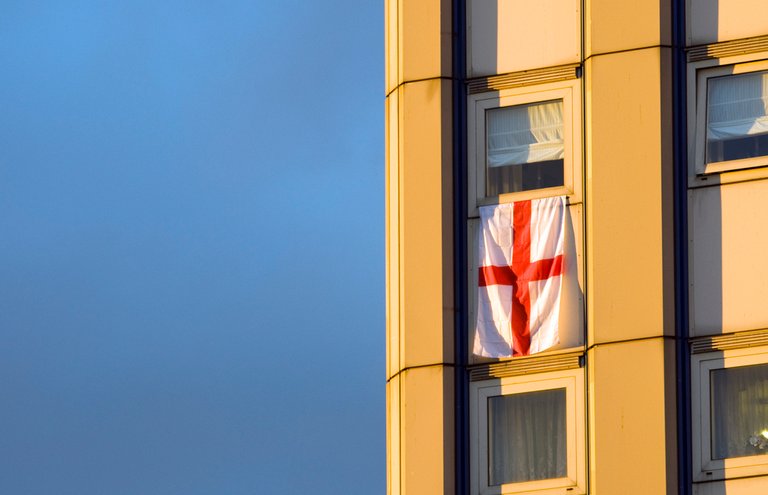
It is no secret that The Economist detests the likes of Trump, Farage and Le Pen. This article beings with a foreboding message:
POPULISM’S wave has yet to crest. That is the sobering lesson of recent elections in Germany and Austria, where the success of anti-immigrant, anti-globalisation parties showed that a message of hostility to elites and outsiders resonates as strongly as ever among those fed up with the status quo.
The magazine suggests that governments should work in partnership with local colleges and universities to find more creative ways of spending tax-payers money. This rather tepid solution does not meet the enormity of a complex problem. Given the current turmoil that British universities find themselves in. We have to wonder whether they would be productive partners in this relationship.
The logic of the legislators has been to assume that what works for London will work for other parts of the country. However, it is important to realise that not everywhere in Britain wants to be London. While some places like Manchester, Birmingham, Leeds, Edinburgh etc. are ambitious. Many places do not want to be transformed, they simply want a better deal.
The left-wing and nationalist desire to legislate and protect communities is understandable albeit mistaken. The response of libertarians on this issue is often predictable; ‘we need to give people more freedom’. But what does this actually mean’?
It is often said in the liberal economic literature that ‘poverty is a gift’. Once wages drop and costs of doing business decreases, the area becomes competitive and business returns. While theoretically sound this idea runs into two practical issues.
Firstly in a society where we are used to a high standard of living such an ordeal would be politically impossible. Secondly, the word freedom is easily distorted. Asking hard-working individuals to accept steep wage cuts while others get tax breaks means we face condemnation for creating a ‘race to the bottom’.
In our current state of affairs, the outlook for these communities looks bleak.
The government’s economic regime is suffocating local communities outside the wealthy South-East. The UK is not alone here, in wealthy economies across the world stagflation reigns supreme.
Negative interest rates, high taxes and short-term investment are stifling many areas in the UK. In order to really help globalisation’s casualties, we need to radically liberalise our economy. Of course, a healthy financial sector is necessary and important. But even these firms are suffering anaemic growth and low returns.
A transition towards a more sensible economy would be painful at first. However, when all the financial tricks have been exhausted. There is little wonder wealth is accumulating in places like London.
An old truism says ‘if you love something let it go’. Contrary to what The Economist argues if governments want to help their ailing communities, they need to set their economies free.